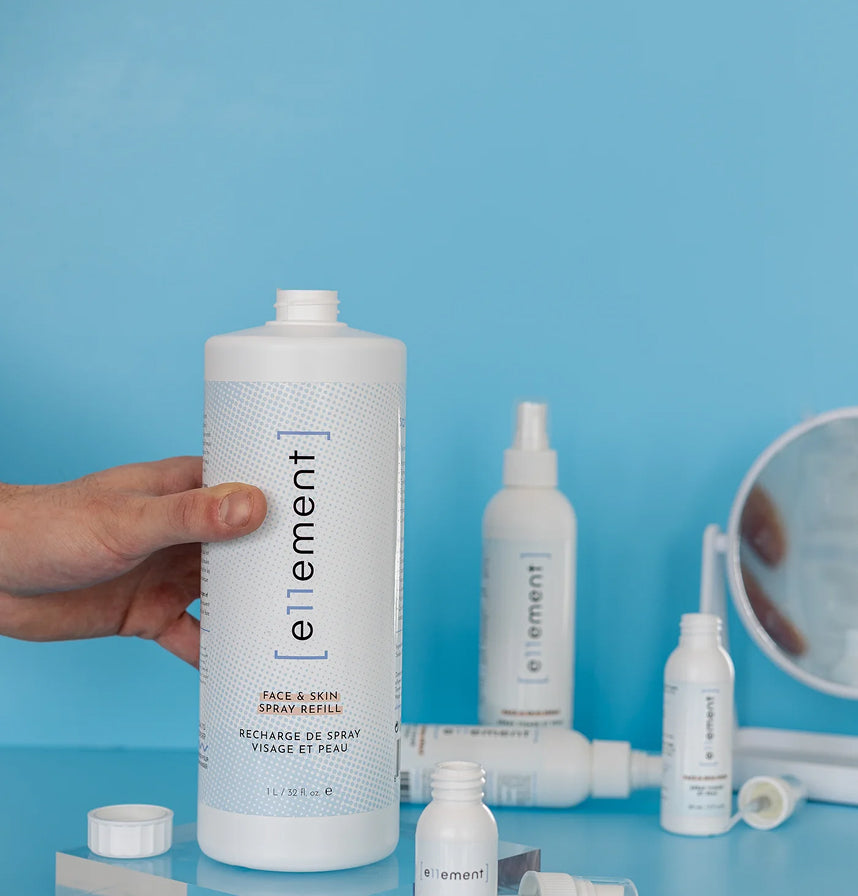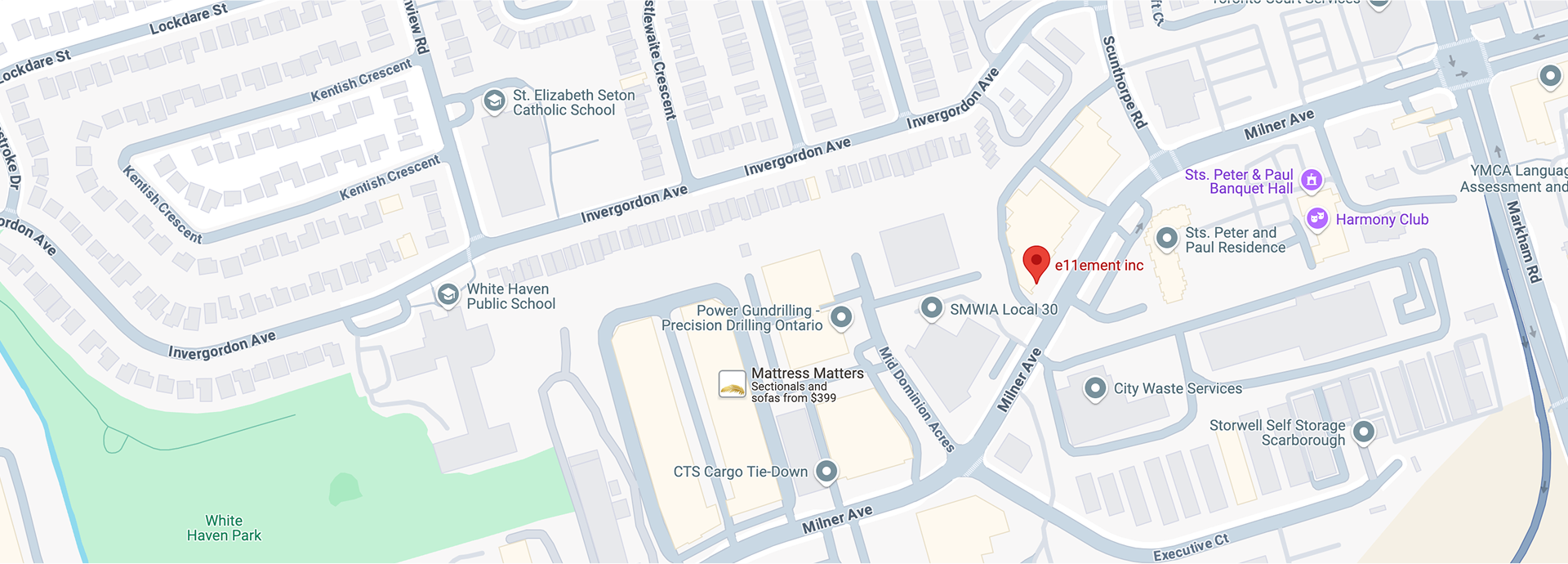Winter can be harsh on the skin due to lower humidity levels, cold temperatures, and indoor heating. These environmental factors contribute to moisture loss, leading to dryness, irritation, and increased sensitivity. Addressing dry skin in winter requires proper hydration and protection.
What is Hypochlorous Acid?
Hypochlorous Acid (HOCl) is a naturally occurring molecule produced by white blood cells to help fight infections and promote healing. It is widely recognized for its antimicrobial and anti-inflammatory properties. In skincare, Hypochlorous Acid Spray is used to soothe irritation, hydrate the skin, and enhance the skin barrier.

How Hypochlorous Acid Helps with Dry Skin in Winter
1. Hydration and Moisture Retention
Dry winter air strips the skin of its natural moisture, leading to flakiness and discomfort. Hypochlorous Acid Spray helps by:
-
Supporting the skin’s natural hydration process
-
Maintaining moisture balance without clogging pores
-
Reducing transepidermal water loss (TEWL)
Using Hypochlorous Acid Spray consistently can help keep the skin hydrated throughout the winter months.
2. Strengthening the Skin Barrier
A weakened skin barrier makes the skin more susceptible to dryness and irritation. Hypochlorous Acid contributes to skin barrier repair by:
-
Enhancing the skin’s natural defense against environmental stressors
-
Reducing inflammation caused by winter dryness
-
Promoting a balanced microbiome for improved skin health
3. Soothing Irritation and Redness
Cold weather often leads to irritation, redness, and sensitivity. Hypochlorous Acid Spray has anti-inflammatory properties that:
-
Calm redness and irritation
-
Soothe itching and dryness
-
Reduce flare-ups of skin conditions like eczema and dermatitis
4. Antimicrobial Protection Against Winter Skin Issues
Bacteria and environmental pollutants can worsen dry skin conditions. Hypochlorous Acid provides gentle antimicrobial protection, which helps:
-
Prevent infections caused by cracked or compromised skin
-
Reduce breakouts related to winter dryness
-
Support wound healing for irritated skin
Who Can Benefit from Hypochlorous Acid Spray in Winter?
Sensitive Skin
Individuals with sensitive skin often experience heightened reactions to cold weather. Hypochlorous Acid Spray provides gentle hydration without irritation.
Dry Skin Types
Those with naturally dry skin can benefit from the moisture-retaining properties of Hypochlorous Acid Spray, helping to prevent flaking and tightness.
Acne-Prone Skin
Winter skincare for acne-prone skin can be challenging due to excessive dryness. Hypochlorous Acid helps maintain skin balance without clogging pores.
Eczema and Dermatitis Sufferers
Hypochlorous Acid Spray helps soothe and protect skin affected by eczema and dermatitis, reducing flare-ups and discomfort during winter.
Choosing the Right Hypochlorous Acid Spray
When selecting a Hypochlorous Acid Spray, consider the following:
-
Purity: Look for sprays with minimal additives to ensure gentle application.
-
Concentration: A well-balanced formula ensures effectiveness without irritation.
-
Packaging: Opt for air-tight, UV-protected bottles to maintain stability.
Common Myths About Hypochlorous Acid in Skincare
Myth 1: Hypochlorous Acid Dries Out the Skin
Hypochlorous Acid does not strip the skin of moisture; instead, it helps retain hydration and supports the skin barrier.
Myth 2: Hypochlorous Acid is the Same as Bleach
Although related, Hypochlorous Acid is a naturally occurring, skin-friendly compound, unlike household bleach.
Myth 3: Hypochlorous Acid is Only for Wound Care
While it has healing properties, Hypochlorous Acid is also beneficial for hydration, barrier protection, and skin soothing.
Conclusion
Hypochlorous Acid Spray is a valuable addition to a winter skincare routine, providing hydration, soothing irritation, and strengthening the skin barrier. Whether dealing with dryness, sensitivity, or irritation, incorporating this gentle yet effective solution can help maintain healthy skin throughout the colder months























